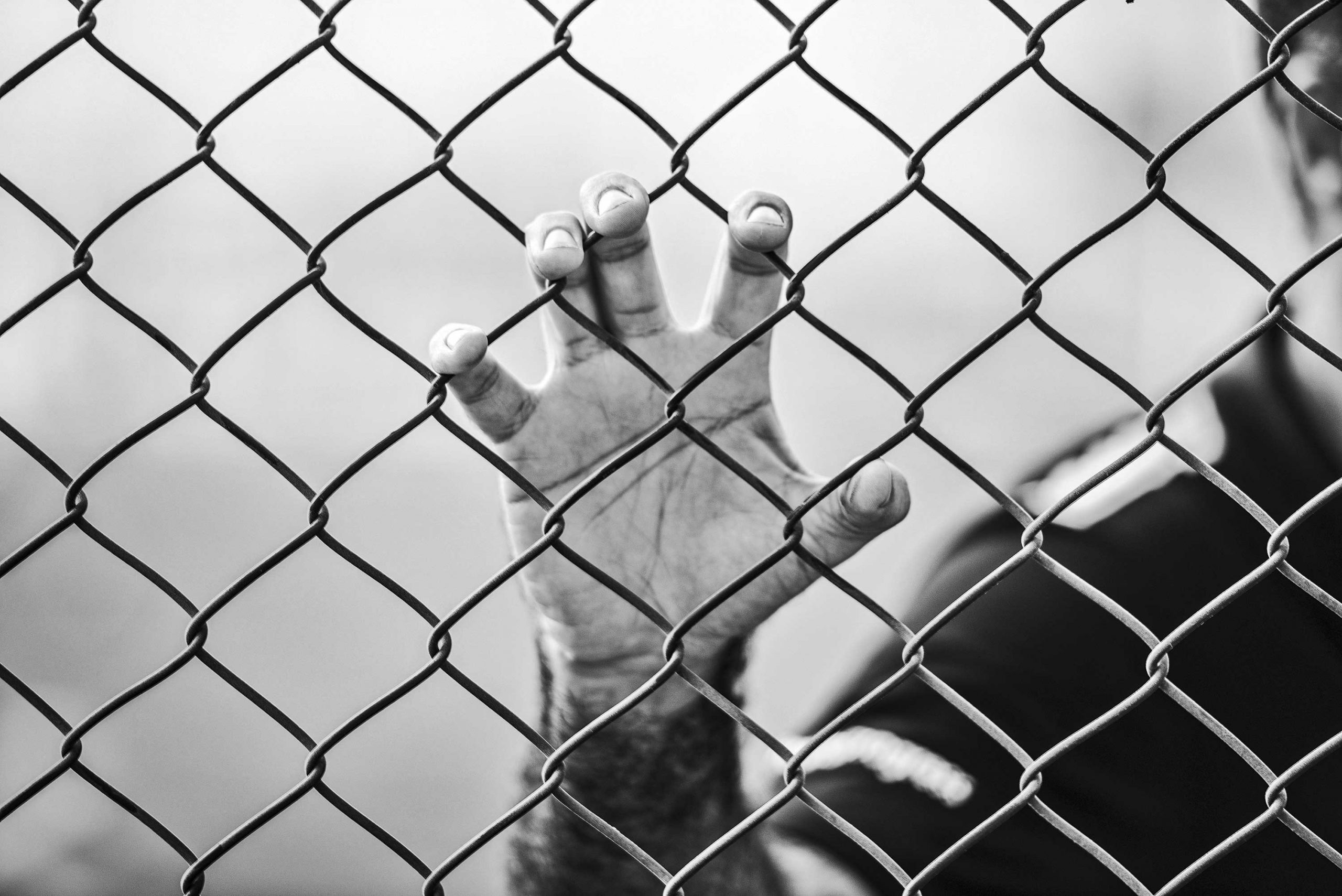Filed under: Action, Incarceration, Northwest

Report on the continuing Lane County hunger strike which has now entered into its seventh week.
Eugene, OR – In a testament to the ingenuity of those incarcerated and to the concrete crisis of incarceration injustices during a deadly pandemic, the Lane County Hunger Strike has endured into its seventh week. After 45 days of consecutive hunger striking involving between 15 and 20 pre-trial detainees in the Lane County Jail, none of the strikers’ demands have been met. Though the jail apparently did concede to the demand for guards to wear masks and for effective cleaning procedures and adequate quarantine measures to be implemented, it is unclear if this was a result of the strike or rather the second confirmed positive case of Covid-19 within the jail.
While some of the earliest strikers have ended their strike– including one person, striking for 29 days, who is now facing irreversible health effects, such as kidney and liver failure, and another medically vulnerable striker, striking for nearly two weeks––others have joined the strike to replace them, relaying the demands and the urgency of their needed fulfillment. Some of the original strikers have ceased refusing food as they are being transferred to state prisons after accepting plea deals, a decision which they allege they would not have taken if courts were operational. One new striker said in a video interview conducted by Lane County Mutual Aid (LCMA) that they were inspired to strike by the outside support of the struggles of those incarcerated.
“I kind of lost hope. I kind of thought the hunger strike was bullsh*t. I thought it was never going to get anywhere. I thought no one was ever going to care. Until I looked out the window and saw at least one hundred people walking around with signs saying, ‘We support you.’ That’s what got me on. And now I haven’t eaten in 12 days. Not only did you support me, but you inspired me.”
LCMA is currently unsure of the number of incarcerated people on strike because communication with those inside has become difficult, as they suspect their strike support hotline was blocked by the jail for their organizing efforts. Yet, despite these obstructions, LCMA is in contact with at least two hunger strikers.
According to data from the state of Oregon’s Covid-19 tracking in Department of Corrections Facilities and data from the Marshall Project’s state-by-state look at Coronavirus in prisons, nearly 500 incarcerated people in the state of Oregon have tested positive for Covid-19, at a ratio of 3.5 positive cases per 100 prisoners, after deadly outbreaks in four Oregon incarceration facilities.
In March of 2020, Disability Rights Oregon, ACLU of Oregon, Oregon Justice Resource Center, Partnership for Safety & Justice, Oregon Criminal Defense Lawyers Association, and Sponsors Justice Reimagined all urged the state of Oregon to drastically reduce incarcerated populations as protections against Covid-19. In June of 2020, a group of Oregon lawmakers urged Governor Kate Brown to commute the sentences of 2,000 incarcerated people as protections against Covid-19. Of the nearly 24,000 people incarcerated in Oregon, Brown only released 57.
The demands of the Lane County Jail Hunger Strikers remain the same:
– the release all pre-trial and medically vulnerable prisoners
– the drastic reduction of excessive bail
– the right to a fair and speedy trial
– the right to in-person, behind-glass social visitations with friends and family
– the right to in-person, behind-glass visitations with lawyers at the behest of either lawyers or prisoners
– the right to religious services
The strikers, many of whom waived their right to a speedy trial before the onset of Covid-19 and have been detained for months, much longer than the maximum 60 day limit of pre-trial detention which was extended to 180 days during a pandemic as court dates are being postponed, continue to echo the need for a vast reduction of excessive bail. Many of the strikers view excessive bail and the loss of constitutional rights to due process as profound injustices which keep, mostly poor, Black, Indigenous and people of color incarcerated. Many also see decarceration as a necessity to meet the deadly public health crises of the pandemic and structural racism.
Hunger strikes are also being waged in the Multnomah County Detention Center (MCDC) and Snake River Correctional Institution (SRCI), the latter of which is currently experiencing a deadly Covid-19 outbreak.
LCMA will be holding a Car Caravan to Free Them All this Sunday (08/09/20).





